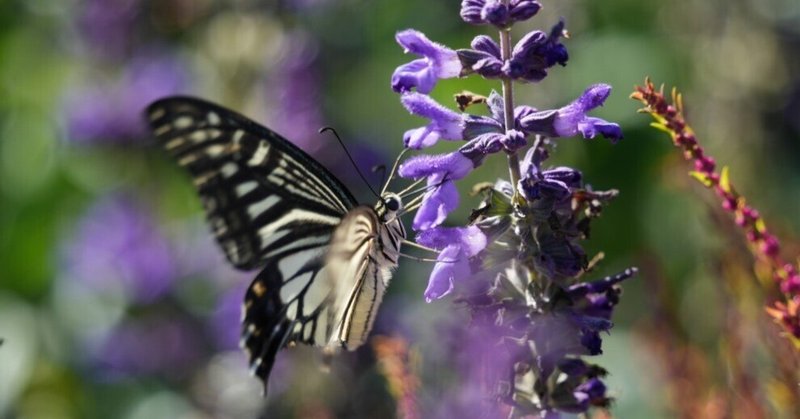
I thought it was like that; once, I wrote a newspaper column about it's not my favorite Netherlands.
The following is from the preface to Masayuki Takayama's book, "Newspapers Lie Selfimportantly," published on December 15, 2022.
Introduction
In the commentary of "Pearl Harbor" by Blake Clark (translated by Colonel Hikota Hirose, Navy), which was considered book burning by GHQ, a passage reads as follows.
"Has Japan ever insulted the United States even once in the past?
Furthermore, did Japan ever threaten the existence of the United States even in the slightest?
However, they belittled Japan in vain and oppressed it, endangering the empire's economic and military existence."
(from the government's answers to the House of Peers and the House of Representatives Budget Session)
The government commissioner expressed his anger at the tone of the U.S., which intently abused Japan for its "sneak attack" on Pearl Harbor while giving Japan an ultimatum in the Hull Note.
This sense of "not criticizing other countries" and "not disrespecting other countries" among Japanese people has not changed to this day.
In addition, after its defeat in the war, Japan has been strangely quail to foreign countries and has even stopped willingly making judgments about right and wrong.
For example, the Asahi Shimbun continued to use the fullest possible honorific title, "Democratic People's Republic of Korea," even for North Korea, which has carried out terrorist acts around the world by pretending to be Japanese and abducting Japanese citizens as part of its operations.
When U.S. Secretary of State Albright called them a "rogue nation," they did not even try to report it.
Asahi likes to trivialize Japan.
"Japan is a defeated nation and a small Asian country without an army. Whatever Japan says is just feebleness anger."
I thought it was like that; once, I wrote a newspaper column about it's not my favorite Netherlands.
The Netherlands has a bad character.
When the Japanese arrived at Schiphol Airport, the Dutch often charged Japanese people excessive fees for bringing in Nikon and Pioneer products, telling them, "You're probably trying to smuggle them in.''
It's open harassment.
So, I began my column with a story about a troupe of traveling entertainers who toured Europe and the United States at the end of the Edo period (1603-1867).
During their tour of the U.S., they were invited to the White House, shook hands with the president, and that evening "went out to buy a woman."
I introduced the generous Japanese people with no pretense.
This article continues.
この記事が気に入ったらサポートをしてみませんか?
